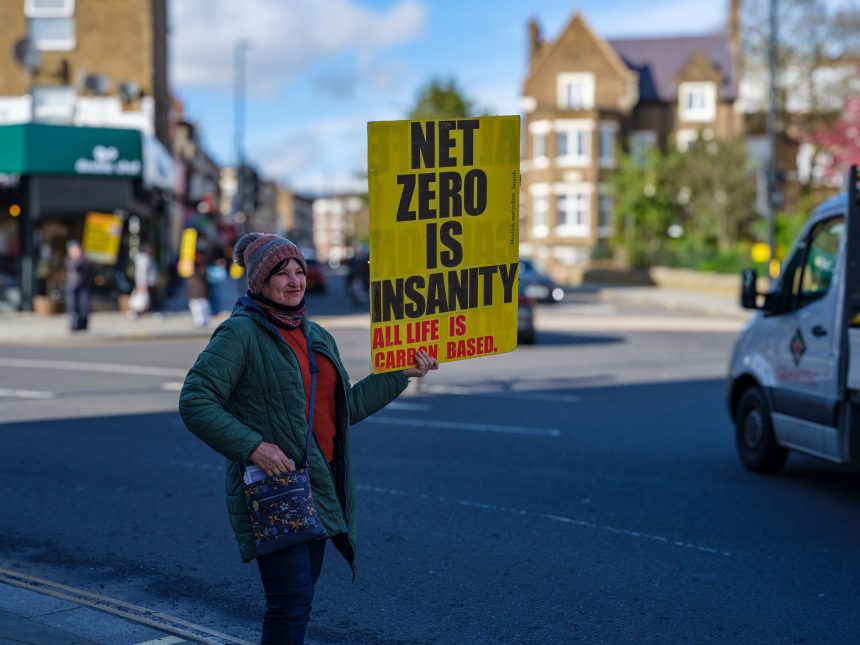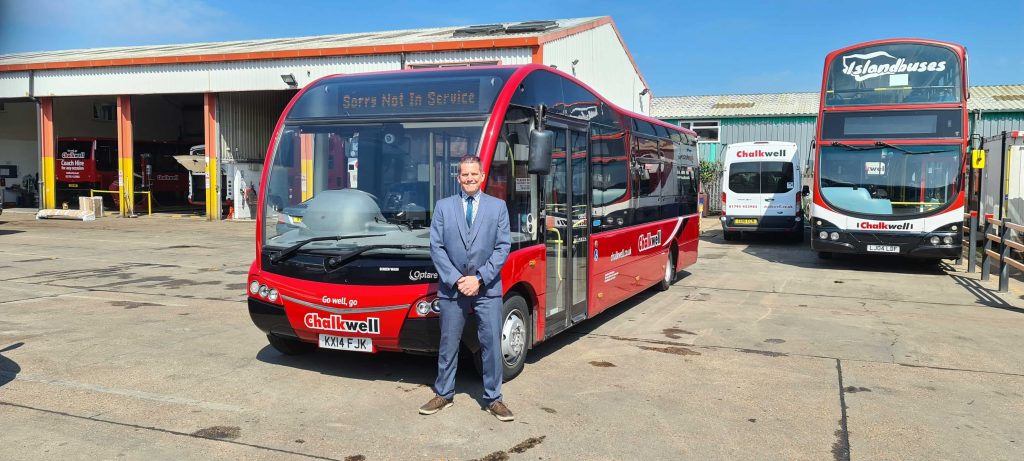Industry stakeholders have told routeone that coach and bus remains committed to net-zero despite growing support for Reform UK and concurrent uncertainty in regional policymaking — but that the onus is now on operators to step up engagement and help to shape local implementation.
The comments come as rhetoric around green policies shifts on a local level. Despite this, Zemo Partnership and the Confederation of Passenger Transport (CPT) do not expect those headwinds to derail the net-zero agenda.
Firm commitment
While local authorities (LAs) do not yet have a statutory duty to deliver net-zero targets, Zemo notes they are under strong pressure to do so. In addition to legally binding targets to deliver net-zero on a national level by 2050, earlier this year the Local Government Association opened a consultation on a potential legal obligation on LAs to meet climate targets.
“We believe that most tiers of government and industry are firmly committed to the net-zero transition, which is now well underway and with a momentum (nationally and internationally) that is unstoppable,” adds a spokesperson.
“Consequently, operators are well advised to embrace the coming transition and identify the many economic and other opportunities that will arise from it.”
Zemo says that “all polls continue to show that a large majority of the public and businesses support action on climate,” and that “for this reason, we are confident that governments at national and devolved levels are and will remain strongly committed to the net-zero target and will continue to fund and support measures that facilitate the agenda.
“Furthermore, the automotive industry is now fully committed to and invested in the transition and, we believe, would not support any move by governments to significantly alter the direction of travel towards net-zero.”
Critical on cost
Confederation of Passenger Transport Policy Manager Nicholas Jessup echoes Zemo’s sentiments. Noting that, politically, the broader net-zero agenda is “under attack”, he nonetheless argues that that criticism “is directed at measures that influence personal behaviour” or on personal consumer costs, rather than public transport itself.
“Investment in zero-emission (ZE) buses crosses no libertarian lines and tends to attract support even from those instinctively sceptical of net-zero policy,” he explains.
“Susan Hall, for example, the Conservative candidate for Mayor of London last year, argued for an acceleration of investment in ZE buses while at the same time opposing London’s Ultra Low Emission Zone and the ‘war on motorists’.
“Capital investment in technology tends to be an ‘easier’ win from the Treasury than revenue to support, say, fares or routes, as demonstrated by £15.6 billion of predominantly capital funding for local transport projects in city regions announced in early June.
“We hope that some of this money will find its way towards ZE buses and bus priority. Hard negotiations with the government continue and the outcome will determine the pace at which the ZE bus transition continues.”
Soft power approach
At a local level, some operators are adopting a proactive stance as councils dominated by Reform UK take shape.
In Kent, Reform recently secured a majority at County Council level. Local coach and bus leaders are already laying groundwork for dialogue. Roland Eglinton, Managing Director of Chalkwell Coach Hire, tells routeone that this presents opportunities as well as challenges — and that now is the time to use a “soft power” to influence local government.
“To date, Kent has been proactive in trying to work towards net-zero and has gained Bus Service Improvement Plan funding. We’ve done well but now have a majority Reform UK council with many new members who have no experience of local government. We don’t know what their policy position is on these issues. There is a big gap around their intentions.”
That uncertainty puts the onus on operators to plan direct engagement as new councillors adjust to local transport briefs.
“We hope they see the work that is being done and that there is a lot of quality analysis and stakeholder engagement happening in this area, particularly around local bus,” Mr Eglinton adds. “We hope that they build on that, particularly as there has been a lot of funding attached. My fear is that new people will want to undo some of the things that have been achieved.”
Though wider green ambitions will continue, Mr Eglinton says it is important to keep coach and bus high on the transport brief at a local level. “It is the right thing to do for future generations. The difficulties have been spelled out by our trade associations, and for an independent, it feels like we are at the foot of the mountain.
“We’ll see soon where coach and bus comes in the pecking order. It really is an unknown. At the moment we are holding firm. I get the feeling a lot of LAs are on pause awaiting the outcome of the spending review. I’m hoping engagement at central political level will help influence the position, irrespective of what colour the party.”




























